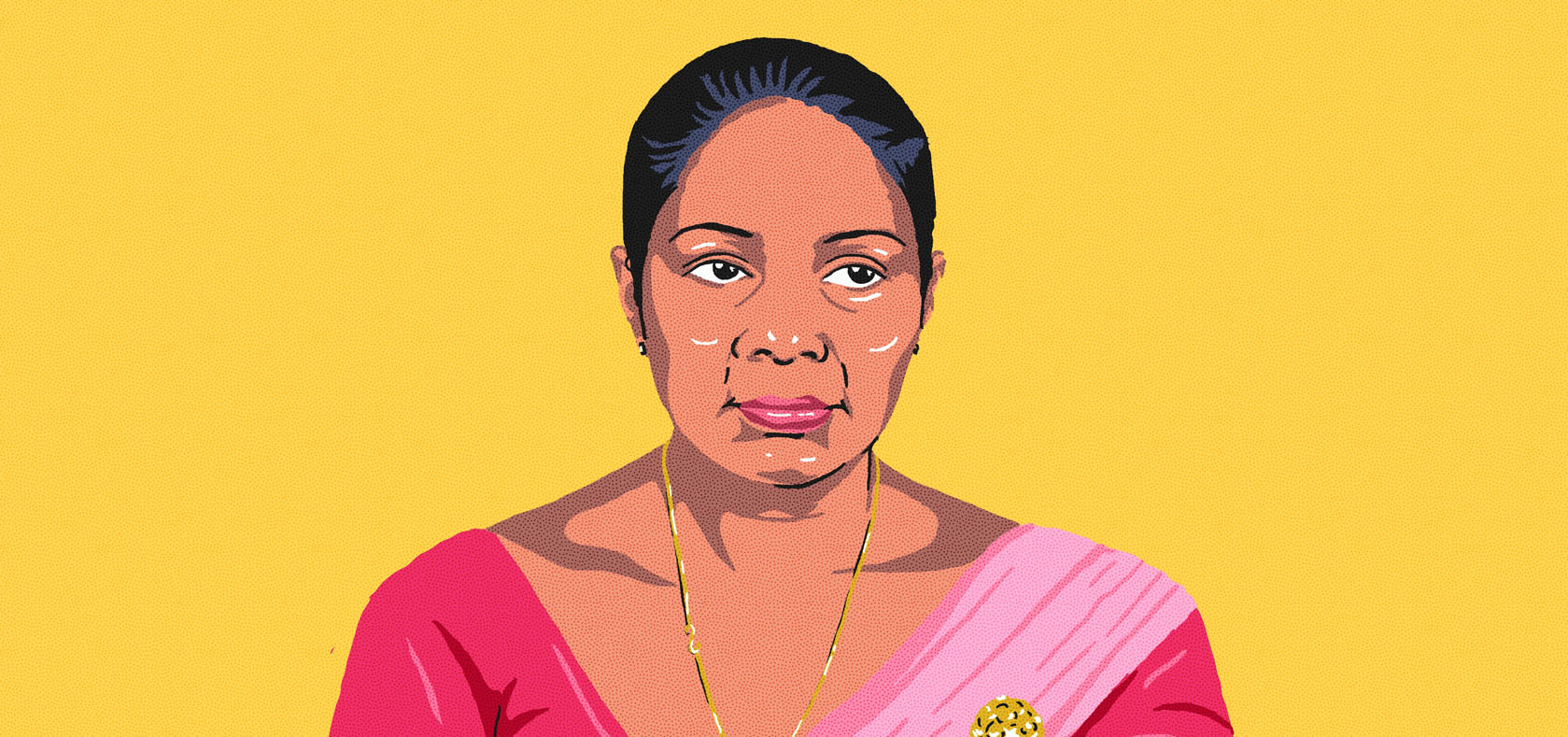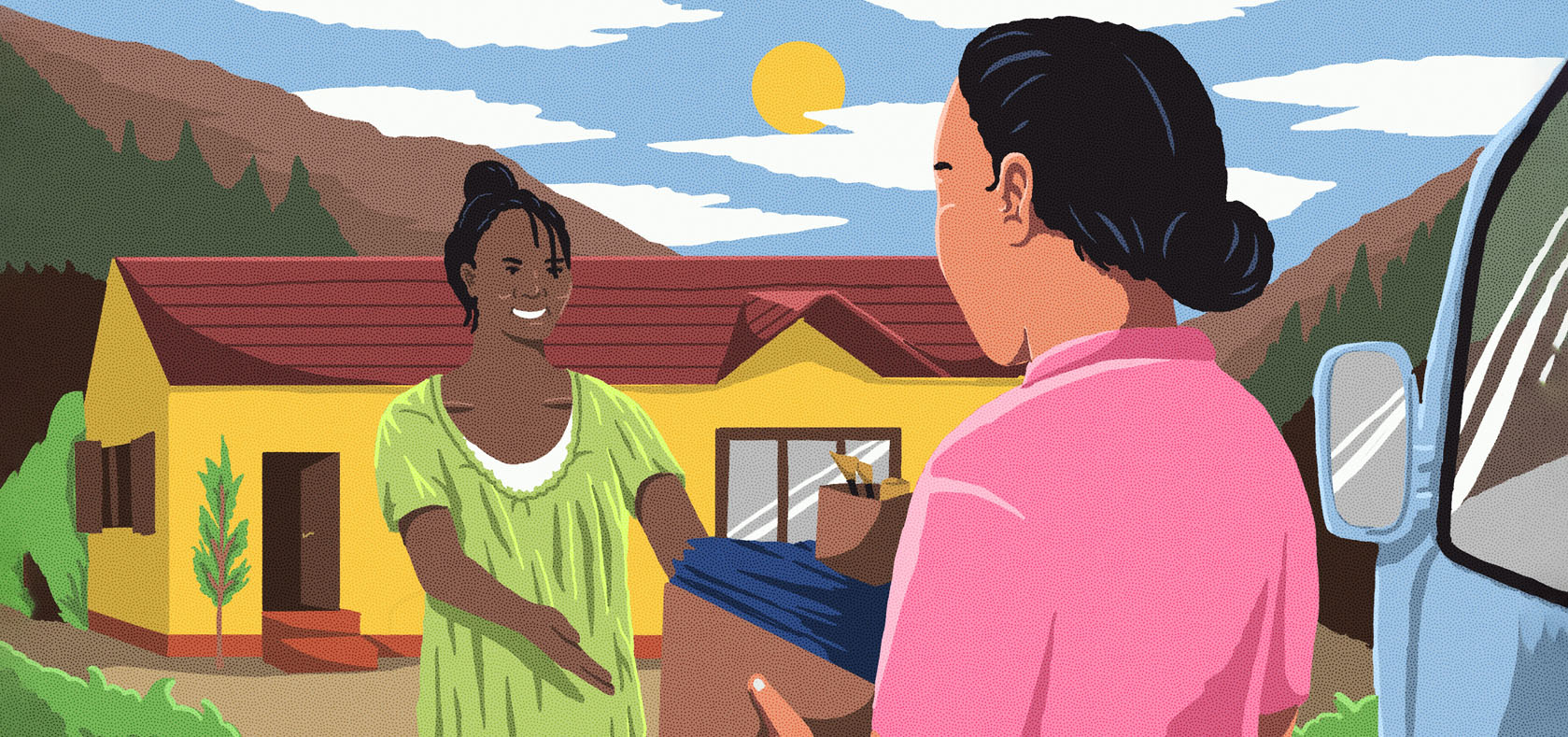In the words of Vilashini Weerasinghe: “It is important to empower women to recognize their capabilities”
Date:
Interviewed by Sakina Aliakbar

Vilashini Weerasinghe is Assistant Director of the Sri Lanka Planning Service, a Government institution in Badulla, capital of Uva Province. She has been working to address issues faced by plantation workers for the last 17 years. In October 2021, Weerasinghe attended a series of “multi-party dialogues” that UN Women hosted as part of its project, funded by the Government of Japan, on implementing the Women, Peace and Security Agenda in Sri Lanka.
“Female plantation workers face many challenges. They have limited access to education, health and physical infrastructure. On top of that, there are gaps in laws that are meant to protect their rights.
Another issue is that women are expected to juggle multiple responsibilities including household chores while working, whereas men in the plantation sector only assume financial responsibility. Owing to these cultural and generational issues that have persisted for decades, and the expectation of women to take on work in the plantation sector [because it is seen as ‘women’s work’] has resulted in denying them access to proper education and the ability to engage in alternate career paths. This imbalance of power needs to change.
We should provide equal access and opportunities irrespective of gender. This is why I advocate for more women in leadership. Women need to be given the space and opportunity in these positions and be taken seriously in their professions.

At the multi-party dialogues organized by UN Women, we brought forward many dynamic conversations, including the issues faced by plantation workers in Sri Lanka. We discussed gender equality, and I had the opportunity to learn from others how women’s issues are dealt with in different contexts. This gave me the confidence to engage in dialogue with policymakers in the future, to bring about change for women in the plantation sector.
I also learned that there are many ways we can bring about change at the individual level. Firstly, it is important to empower women to recognize their capabilities and know their rights. Secondly, we must encourage family members to share responsibilities at home, so that women too have the opportunity and choice to engage in employment.
My hope for the younger generation lies in educating them about gender equality. I encourage them to be curious and discover new ideas, and to make a difference in our communities to make gender equality a reality for all.”